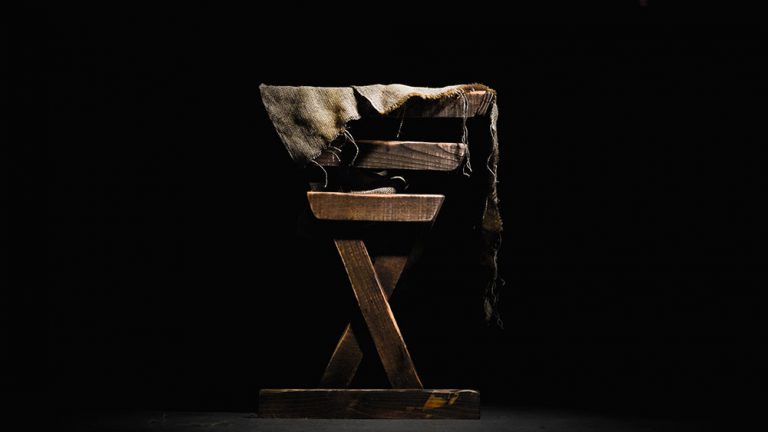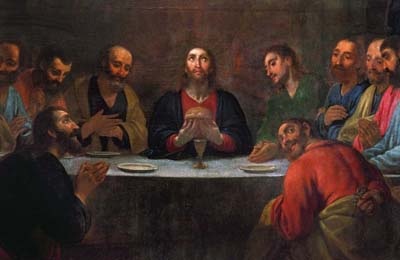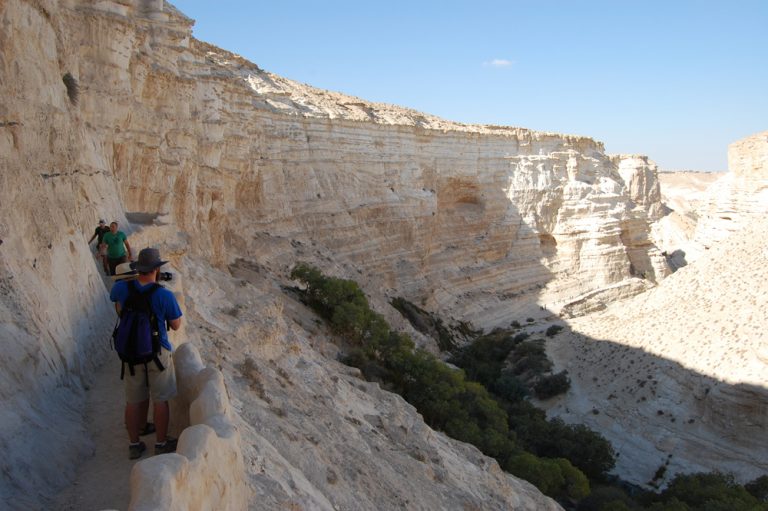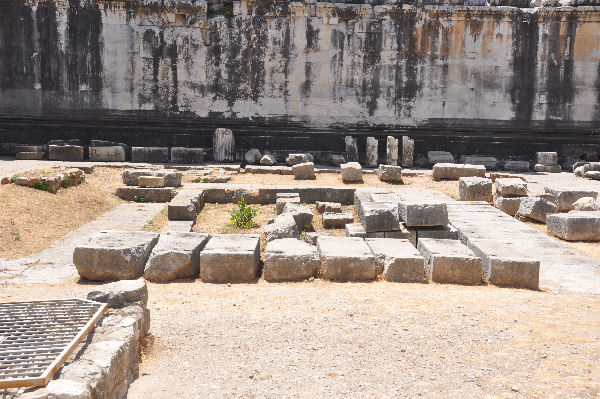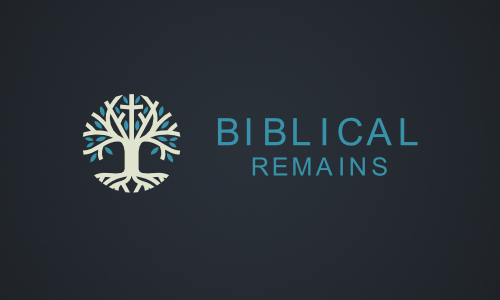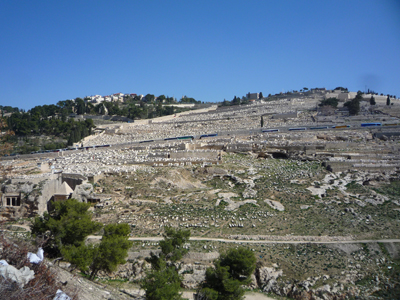Why I Search…Because Not Every Question Has An Answer
When I was a kid I lied to my grandmother every time I saw her. For as long as I can remember my parents, siblings and I would go on a road trip to visit my Grandmother in Wichita, Kansas every summer. Each time we went, when we neared the end of our visit, my grandmother would bring each of us grandchildren into her room to share her testimony about Jesus, always closing with the question “have you accepted Jesus into your heart” and every summer I would answer “yes” – lying through my teeth – every time.
I lied because I was obstinately independent. I lied because I thought Christians were fools. I lied because it was socially expedient. It was the quickest way to get out of the uncomfortable conversation with my grandmother. By the time my grandmother died, I was an avowed atheist who liked to pick fights with Christians about their beliefs.
But then a friend who wasn’t afraid of my debates asked me to join him at a youth service to learn more. With the persistence of my grandmother he invited me again and again. And I relented. I discovered the pain of my stubbornness. I recognized my failure to be and do good apart from God and I came to learn that Jesus was the way of hope even in my brokenness. God had a plan that sought to redeem all things to his purposes, possibly even my life.
The Grace of a Conquistador
Having committed to faith in Christ though I quickly learned that God expected me to make manifest his kingdom. I flourished under these expectations, learning to live into the new identity God had given me.
At first, I was overzealous. Completely flip-flopping in my debates with Christians from avowed atheist to avowed apologist. The faith, its doctrines, and especially my thoughts on them had to be defended and I was just the man for the job. I would be the one to prove the bible true. Each and every doubt or question had a solution waiting to be conquered along with the people who voiced them.
My way of being hadn’t changed much post conversion. Like Benedict Arnold, I had simply switched sides. I still sought out the conflict, the fight and the debate.
Unfortunately, it is hard for a conqueror to communicate grace to the conquered.
On too many occasions my breath carried the odor of toe-jam. The after taste of which was less than satisfying. In her novel Gilead, Marilynn Robinson’s character John Ames perhaps said it best.
Nothing true can be said about God from a posture of defense
But defend I did! Vigorously at that.
From Atheist to Apologist to Participant
I have a second grade daughter that is fantastic at mathematics. Her teacher sends home extra work for her because she finishes the regular work too quickly. Last week she wanted me to look over her homework and I noticed she had made a mistake.
She totaled the sum of 713 and 129 as 832 rather than 842. When I said that she might want to check her work she insisted that her answer was correct. Even after we did the problem another way, broke it down and solved it on a calculator she still insisted on her answer. There was no convincing her that the tens place should be occupied by a 4 rather than a 3.
She is her father’s daughter after all. As both an atheist and an apologist I had approached the problems of the biblical text in the same way. Obstinate defiance. I refused to see the evidence right in front of my face and admit the truth because doing so would somehow reflect my own fallenness, my own ability to make mistakes.
The irony is that it is precisely fallenness, that proclivity to make mistakes, that God wishes to redeem. In defending the full humanity of Jesus, Gregory of Nazianus, 4th C. CE Archbishop of Constantinople, argued that whatever Jesus “has not assumed, he has not healed.” At the time, Apollinaris had been arguing that Jesus was fully human except for his divine logos (or mind). To Gregory this was tantamount to saying that the human mind was beyond redemption – even the redemption offered by God.
I like to think that God is the same yesterday, today and tomorrow. If he was willing to enter fully into our humanity in Jesus, then it seems likely that he was willing to enter into that humanity during his self revelation in scripture. In seeking to partner with human authors and audiences God entered into our proclivity for encultured expression, miscommunication, misjudgement and error. He did this in order to do what he as always done: to heal that which he assumes, to redeem it (even its cultured expressions), transform it and draw it to a new place and purpose more conformed to himself.
I realized that I shouldn’t be an atheist or an apologist. I was simply called to be a participant in a story that was so much bigger than either of those categories, bigger than myself. I discovered that my relationship with God through Jesus in the power of the Spirit was not made up of one answered question after another, but manifest as part of the larger story of God’s redemptive history.
- A history that is filled with ambiguity and tension.
- A story that is filled with love and grace but also wrath and judgment.
- And a story of the reality of present suffering and of glorified futures already manifested in renewed identities.
I discovered that God has always sought those he calls to himself where they are at, in their own broken contexts, in order to bring them to a new context.
I search the archaeological and cultural backgrounds of the biblical text because I no longer see the biblical text as something to be affirmed or negated. It simply exists in the tension of the messy middle created by the combination of divine intent and human instruments. It simply reveals a God that is constantly calling us to participate in the greatest story of transformation ever told. Its title is ‘The Renewal of All Things,” atheists, apologists and participants included.
The Bible is not to be affirmed or negated. It reveals the God calling us to participate in redemptive history.


